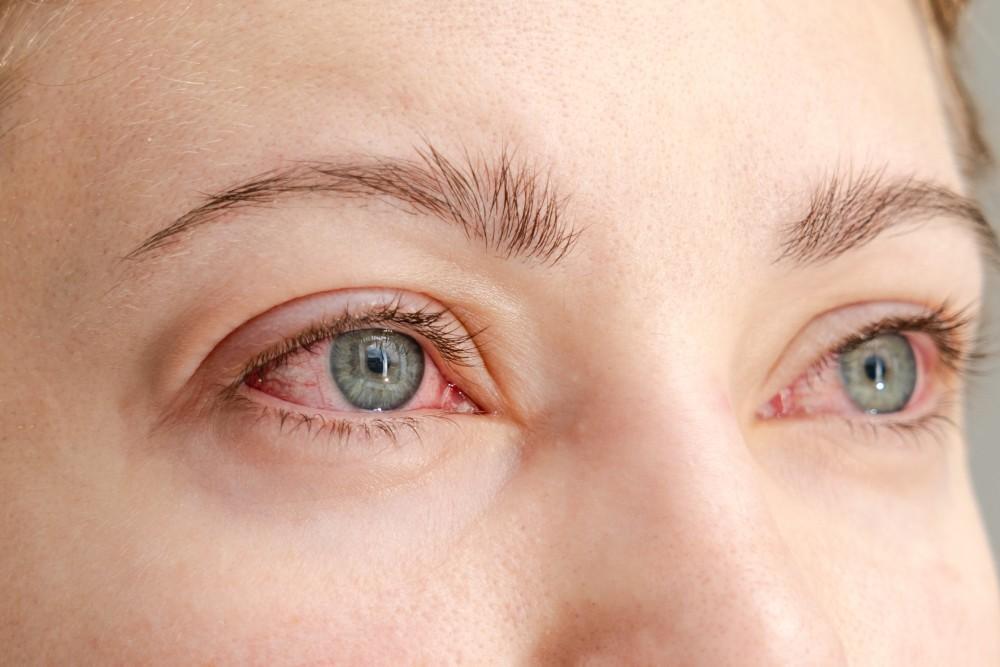
8 Risk Factors for Macular Degeneration

Macular degeneration, a leading cause of vision loss, is a chronic and progressive condition that causes your central vision to become blurry. It can make everyday tasks difficult, such as driving to the store or writing an email.
Here at Bainbridge Eye Care, Nicanor Lacsina, OD, and Yelena Pinkhasova, OD, suggest nutritional supplements (such as Vitamin C and copper) and laser therapy to help reduce abnormal blood vessels in your eyes.
Because it’s nearly impossible to reverse the damage once macular degeneration has occurred, catching it early slows the condition. Knowing your specific risk factors can help you make decisions to improve and support your eye health.
Let’s look at the eight risk factors that increase your risk for macular degeneration.
1. Age
Some types of macular degeneration appear in early childhood, but age-related macular degeneration (AMD) is most common in people over 60.
2. Family history
Genetics plays a role in the development of macular generation. Researchers have identified several genes related to developing the condition. According to data published in the Nature journal, more than half of all age-related macular degeneration cases have a hereditary component.
Age-related macular degeneration isn’t the only type of macular degeneration with a strong genetic component. Two specific genes ー ABCA4 and ELOVL4 ー provide instructions to make proteins for the light-sensing cells in your retina. If there are any issues with these genes in your family, they can increase your risk of developing a type of macular degeneration called Stargardt macular degeneration.
3. Race
Although macular degeneration can develop in anyone of any race, it’s more common in Caucasians, followed by those of Chinese and Hispanic origins.
4. Smoking
Smoking cigarettes is notorious for the effect it has on your lungs, but smoking affects nearly every part of your body, and that includes your eyes too. Smoking (or being regularly exposed to secondhand smoke) increases your risk of macular degeneration by up to four times as non-smokers. Not only are you more likely to develop macular degeneration, but smokers are also more likely to develop the condition sooner ー ten years sooner than non-smokers!
5. Obesity
Obesity can increase your risk of developing many different health conditions, including diabetes, types of cancer, and macular degeneration. Research indicates that being obese with a BMI of 30.0 or higher can increase your risk of developing late-stage macular degeneration by up to 32%.
6. Cardiovascular disease
Your blood vessels form a network throughout your entire body, including the blood vessels in your eyes. If you've already suffered a stroke or a heart attack, your risk for developing macular degeneration is 1.5 times higher than a person who has never had a stroke or heart attack. In other words, any disease that affects your heart or blood vessels can increase your risk of macular degeneration.
7. A diet high in unhealthy fats
According to the 2018 National Institute for Health and Care Excellence (NICE) guidelines, specific dietary habits can increase your risk of developing age-related macular degeneration, which includes not consuming enough foods rich in omega 3 and 6, vitamins, carotenoid, and minerals. While not consuming enough healthy fats increases your risk of developing macular degeneration, so does eating too many unhealthy fats.
8. Eye irregularities
In the same 2018 NICE guidelines, researchers highlighted a list of eye irregularities that increase your risk of age-related macular degeneration:
- Having large drusen (yellow deposits under the retina)
- Having soft indistinct drusen
- Having reticular drusen
- Experiencing pigmentary changes or depigmentation
- Being diagnosed with late AMD (wet or dry) in the fellow eye
Because these ocular irregularities and changes can hint at the risk of macular degeneration, it’s necessary to keep up with your regular eye exams, so our team at Bainbridge Eye Care can look for any red flags.
If you’re concerned about your risk factors for macular degeneration, call us today at 718-306-9142 or use our online form to make an appointment at our Bronx, New York office.
You Might Also Enjoy...


Uncontrolled High Blood Pressure Can Lead to Glaucoma: Here's How

Coping with Seasonal Allergies? 5 Ways to Relieve Red, Itchy Eyes

5 Signs You Need a New Corrective Lens Prescription

Eye-Friendly Habits You Can Start Today

